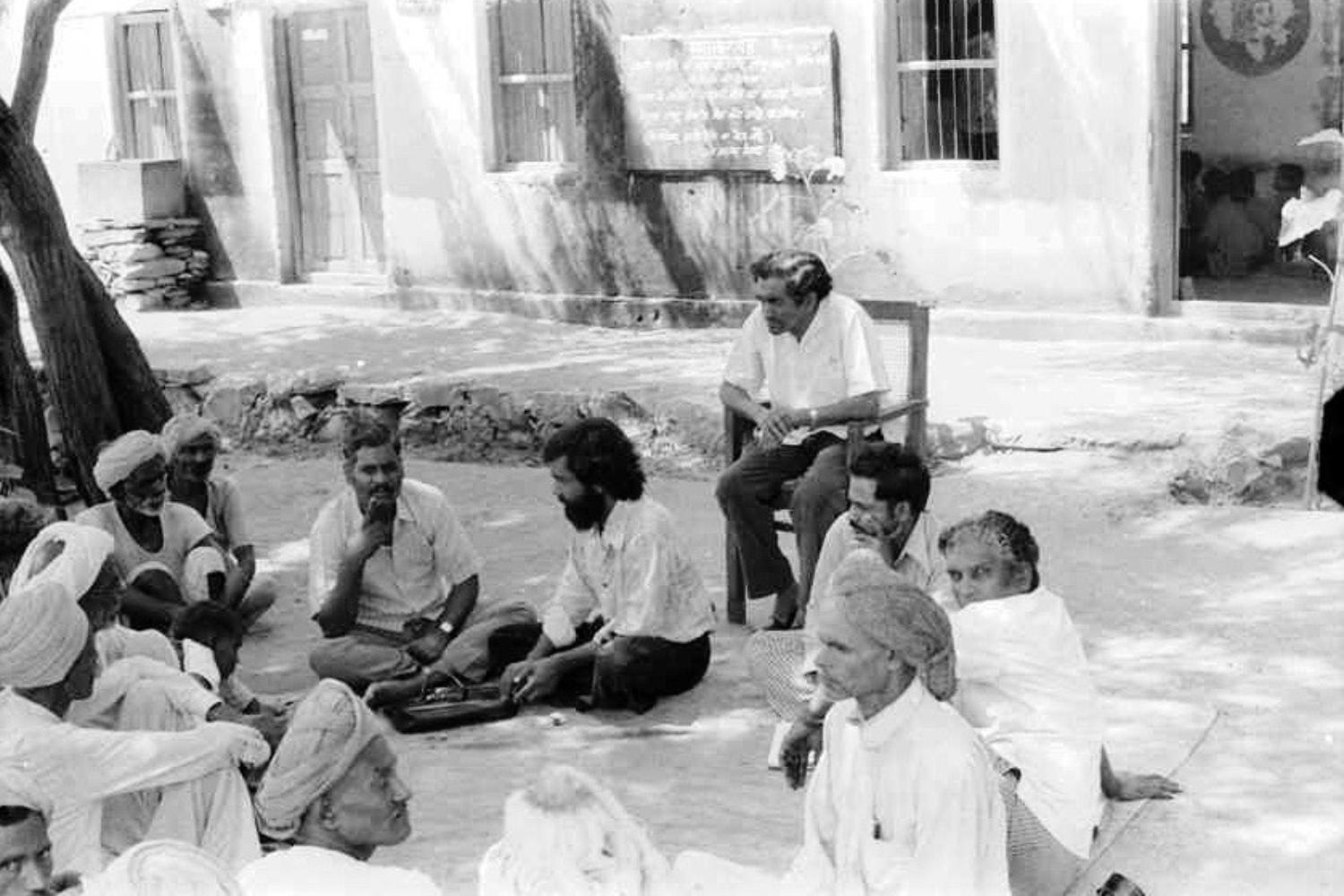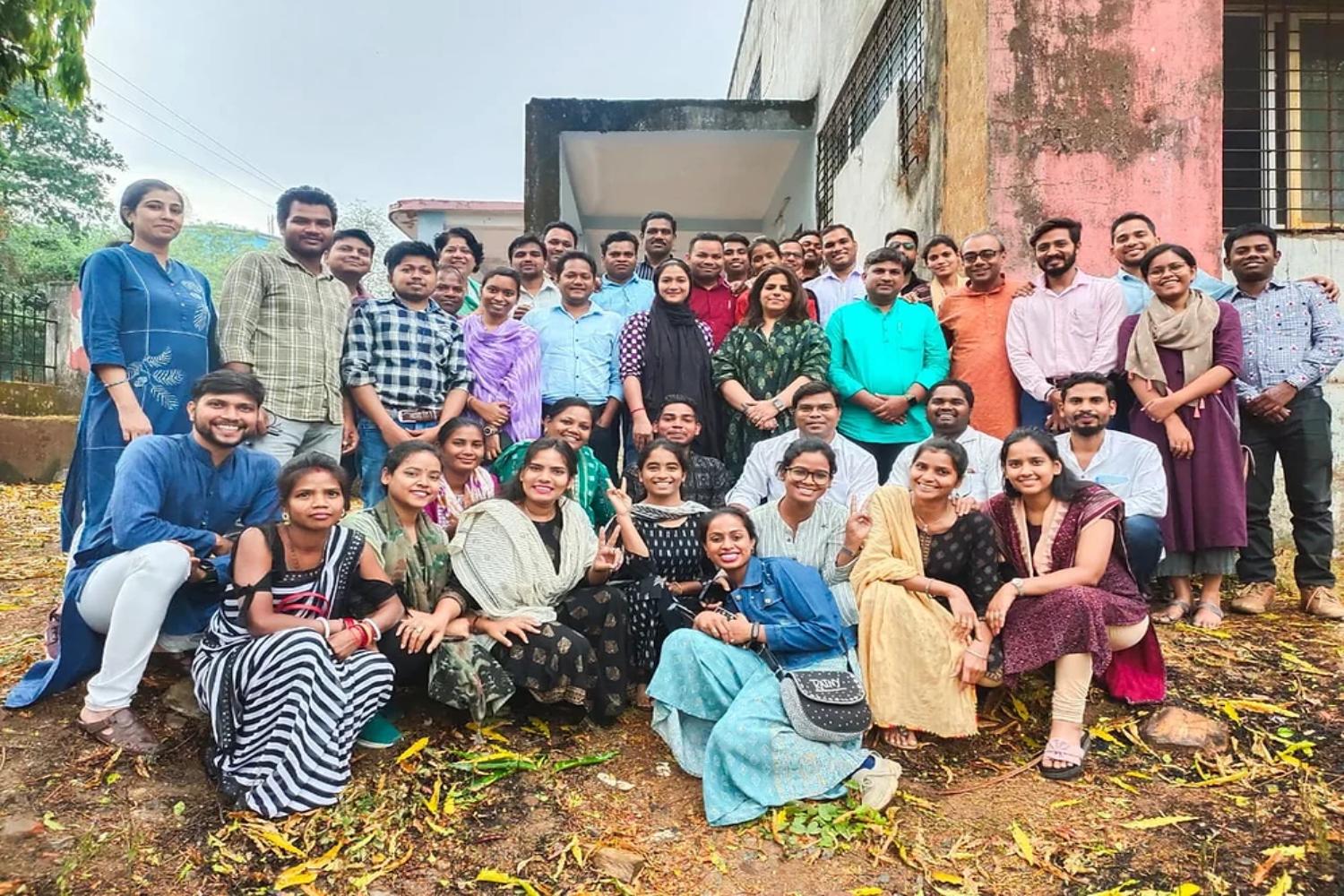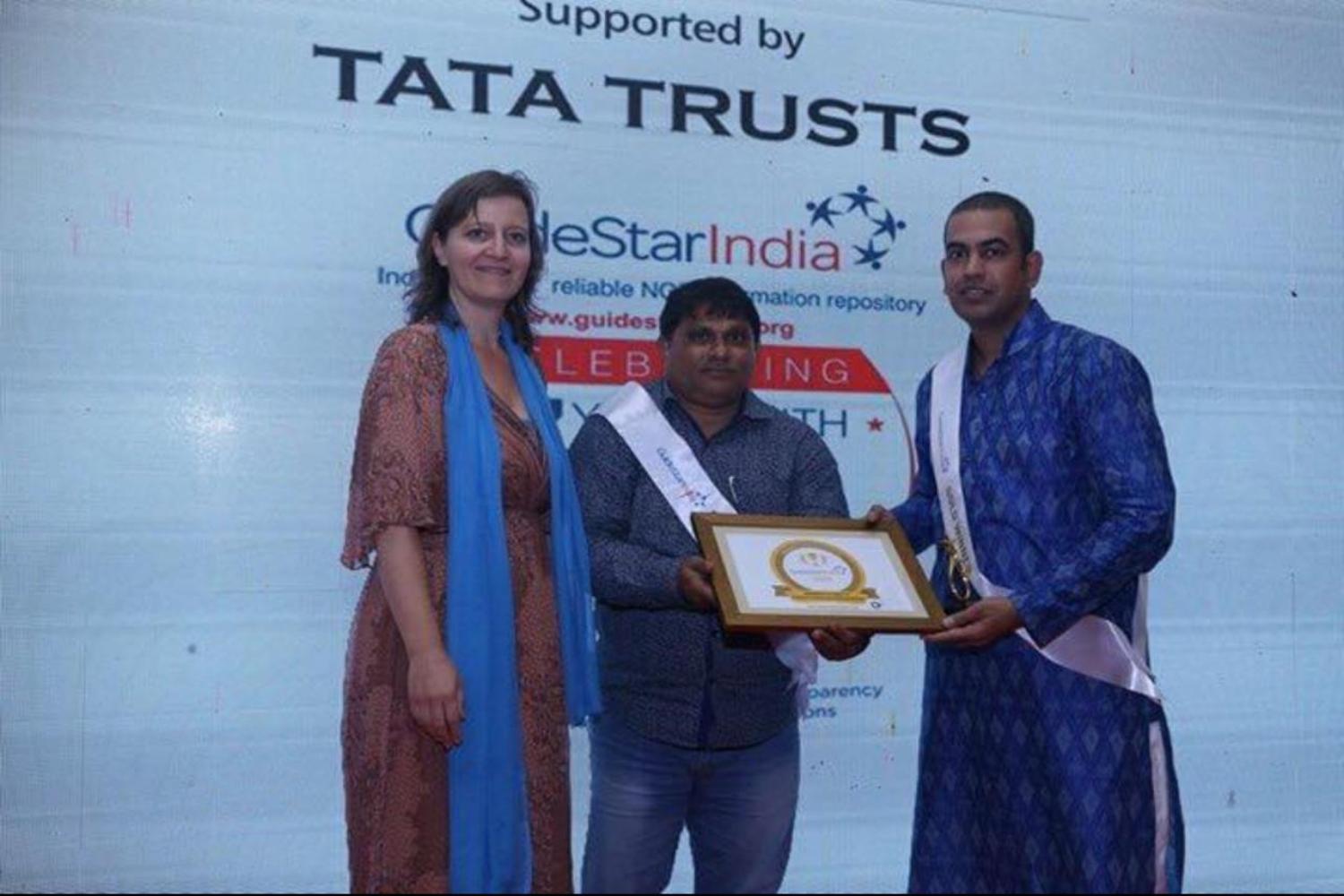Reflections on the governance of grassroots development NGOs
In “Reflections on the governance of grassroots development NGOs” Liby T Johnson reemphasizes the critical importance of keeping a well-rounded view of accountability. Such a view must take into account the perspectives and needs of all the stakeholders and keep these at the centre of our discourses and practices of governance.

Gram Vikas has been working for the last 45 years on a range of issues relevant to the people in remote rural areas of Odisha and Jharkhand. We are a mediumsized rural development organization, registered under the Societies Registration Act, working in rural India.
Our work has involved responding to the needs of the community partners. It has also focussed on building institutional and technical capabilities to enable them to sustainably address their problems.
To be able to do this, we have had to build and sustain the relevant governance structures and processes. To give a sense of what is entailed in this, I share below my key responsibilities as the Executive Director of Gram Vikas.
The responsibilities of an Executive Director
As the ex-officio Secretary to the Governing Board, I need to ensure that all the Board-related reporting and documentation is done well. The Board reviews programmatic progress, financial utilization, and adherence to statutory matters. The Board meets at least four times a year. Detailed agenda notes must be prepared in advance and circulated. Minutes must be recorded and circulated to the members for their concurrence.
Once a year, the financial statements and annual activity report must be presented to the Board. This must be done before obtaining approvals from the General Body of the Society.
I am the Chief Functionary of an organization registered under the Societies Registration Act. Its activities also come under Section 12 of the Income Tax Act, the Foreign Contribution Regulation Act (FCRA), and more recently, the Goods and Services Tax (GST) Act.
Thus, I am responsible for ensuring that the organization adheres to all the relevant legal provisions. I must also see to it that it files returns and documents on time.
This requires me to work with a statutory auditor. They certify that the accounts are maintained properly and that financial transactions are carried out correctly. Given the size of the organization, an internal auditor is also required. They ensure proper verification and assessment of procedural adherence.
As the key representative of the organization, I must ensure that there are sufficient resources to carry out the work. This involves regular interactions with existing donors and a constant search for new ones.
In recent times, many such interactions happen over email or virtual meetings. However, physically traveling to other places also becomes necessary. Additionally, there are general events that one is expected to attend. This is necessary both to understand emerging trends and to satisfy the interests and demands of the organization’s well-wishers.
As the Executive Director, to ensure that all the above responsibilities are carried out well, I need to spend a lot of time with colleagues in the organization. Work plans must be prepared, budgets finalized to match needs with available resources, employee motivation and discipline ensured, and the overall well-being of people in the organization taken care of. We have created a well-delegated system in the organization to ensure that these tasks happen even if the Executive Director is not present in person.
I need to visit the villages where we work to see firsthand what is happening. This is an important part of understanding the opinions of the community partners we work with. It is important to hear from the community partners directly and not rely solely on what is reported through the organizational system.
I chose to start this piece with a long introduction to set the context for a discussion on what good and effective governance means to grassroots, nongovernmental development organizations, and what the challenges are.
Grassroots non-governmental development organizations are those that work directly with communities on various development issues without a profit motive. They differ from community-based organizations in that they are likely to have been promoted and run by individuals from outside the communities they serve. They are also distinct from social enterprises in terms of their revenue flow, where internal operations are not the primary source of revenue for the organization.
Gram Vikas
Gram Vikas is a community development organization working with rural communities in Odisha and Jharkhand since 1979, to help them build a dignified life. We do this through building capacities, strengthening community institutions, and mobilizing resources.
We work on issues related to water, livelihoods, sanitation and hygiene, with use of appropriate technology being a key element. Building village institutions to manage village development and participate effectively in the local governance processes is the cornerstone of the approach. Our work over 45 years has benefitted more than 1.2 million households in about 8,195 habitations across 983 Gram Panchayats in 27 districts of the two States.
Legal governance
The governance structure of such organizations is determined substantially by their legal form. They could be a Society under the Societies Registration Act, a Public Trust, or a Section 8 Company.
Societies and Trusts are designed as associations of persons who voluntarily come together to serve a common public cause. The Company form does not clearly recognize this aspect. However, it provides for a more controlled nature of public service. This difference becomes starker when other statutory aspects governing the sector are examined.
The Income Tax Act provides for exemption from the payment of tax for organizations that are charitable in nature. The Act clearly defines what ‘charitable’ means.
The Goods and Services Tax (GST) Act also has provisions for exemption for organizations engaged in charitable activities. However, its definition of what constitutes charitable activity is more limited than that provided by the Income Tax Act.
Governance beyond the statutory
It is important to address the larger question of governance of development organizations based on an extension of the principle of trusteeship as advocated by Mahatma Gandhi. Gandhiji’s position on trusteeship emphasized the equitable distribution of wealth and resources in society. It stipulated that wealth be held not as absolute owners, but as trustees for the welfare of all.
In the case of development organizations, this principle applies as custodians of public resources. Donations are obtained to meet the needs of a larger community, other than those who donated or the ones who collected the donation.
This then requires organizations to be governed with a clear and transparent multidimensional accountability mechanism. We have to be accountable to the Government through various statutory provisions. We must be accountable to donors who provide us resources to do the work based on assurances of the results that we have given.

We must be accountable to the Governing Board, as the custodians of the organization. Employees in the organization demand certain accountability in terms of material well-being and satisfying the greater agenda of what the organization has set out to do. We also have a moral and ethical responsibility to be accountable to the people on whose behalf we have created our mandate to work.
I believe the greatest challenge in defining good governance in grassroots nongovernmental development organizations is determining the order of priority for the accountability structure. Is accountability to the five groups to be distributed equally, or is one expected to be accountable to some groups more than the others?
Some critical challenges
Over the last seven years that I have been in this position, the time I spend on statutory accountability has increased about threefold. Given that donor and Board-level accountability cannot be compromised, this has resulted in a substantial reduction in the time I spend on community and employee accountability. These responsibilities get delegated to senior colleagues to handle.
The monetary cost of compliance has also increased substantially during this period. There are a few critical issues that I see in this regard. I share these below.
Changes in the legal systems governing the development sector are increasingly disconnected from the basic legal structures under which they are registered as a Society or a Trust. The procedures demanded for statutory accountability and reporting are determined more by the principles of governance of the Company legal form.
This results in higher monetary costs of compliance. There are also increasing complications in how organizations are managed. Due diligence requirements stipulated by donors are also moving in the same direction.
The lack of sufficient understanding of the nature of development work among many functionaries of corporate donors tends to equate development organizations with contractors or vendors. This results in complicated documentation requirements and often higher monetary costs.

Tightened legal norms and constraints in resource availability drive organizational leadership to prioritize immediate and narrow interests over long-term and strategic ones.
With all this, we put a low priority on the fundamentals of democratic, participatory development processes that give rightful space for the voices of the community partners and their views on how their development needs to happen.
Corrections needed
The fundamental principles of trusteeship and equal accountability to all stakeholders cannot be just words that we read or write. These must become part of our regular practice. There is a need for concerted action to strengthen the structures and systems of accountability and good governance of grassroots, non-governmental development organizations.
It is only fair to expect that the legal system will work toward enabling this. Given the limitations and constraints in this regard, immediate steps must be taken internally, by the organizations and the donors.
Donors can play a key role in enabling this shift. They can do this by asking more critical questions from organizations about how they design and operate accountability and good governance. The questions donors ask cannot be limited to only contractual commitments or statutory compliances.
We ourselves, as organizations, need to make more conscious efforts to highlight the value of well-rounded accountability. Our best practices should be better documented and more widely circulated. We need to find ways to spend adequate time with all stakeholders.




No approved comments yet. Be the first to comment!